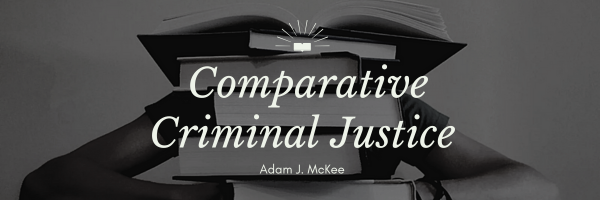The Philippine justice system is a remarkable testament to the nation’s complex history, cultural diversity, and adaptability. It seamlessly integrates three distinct legal traditions: civil law, rooted in Spanish colonial rule; common law, introduced during American occupation; and customary law, which embodies indigenous practices and community-based justice. This unique hybrid system reflects the Philippines’ ongoing journey to balance legal uniformity with respect for local traditions and global influences.
Reading Time: 2 minutes
While my Ph.D. is in Administration of Justice from an American institution, I have done my best to provide accurate information about other countries’ criminal justice systems. I welcome corrections or additional insights from experts and professionals—please contact me via email or the comment box below.
The civil law framework, inherited from Spain, serves as the foundation of the country’s legal codes, emphasizing clear statutes and written laws. Meanwhile, the American era introduced common law principles, such as judicial precedent and constitutional protections, which continue to shape judicial decisions and safeguard individual rights. However, what makes the Philippine system particularly dynamic is its respect for customary laws—used predominantly in indigenous and rural communities—that prioritize consensus and restorative justice over punitive measures.
This fusion of legal systems has allowed the Philippine justice system to address the diverse needs of its people. Yet, it also poses challenges, such as reconciling traditional practices with codified laws and managing the complexities of a dual reliance on statutes and judicial interpretation.
In this section, we explore the Philippine justice system’s layered structure, beginning with its civil and common law foundations and extending to the enduring role of indigenous customs. We’ll examine how historical influences have shaped modern institutions, from courts to community-based dispute resolution processes, and reflect on the challenges of sustaining an inclusive and efficient justice system.
Through this exploration, we gain insight into how the Philippines has crafted a legal identity that is uniquely its own—an intricate blend of history, culture, and innovation in the pursuit of justice.
Modification History File Created: 01/23/2025 Last Modified: 01/23/2025
You are welcome to print a copy of pages from this Open Educational Resource (OER) book for your personal use. Please note that mass distribution, commercial use, or the creation of altered versions of the content for distribution are strictly prohibited. This permission is intended to support your individual learning needs while maintaining the integrity of the material.
This work is licensed under an Open Educational Resource-Quality Master Source (OER-QMS) License.

